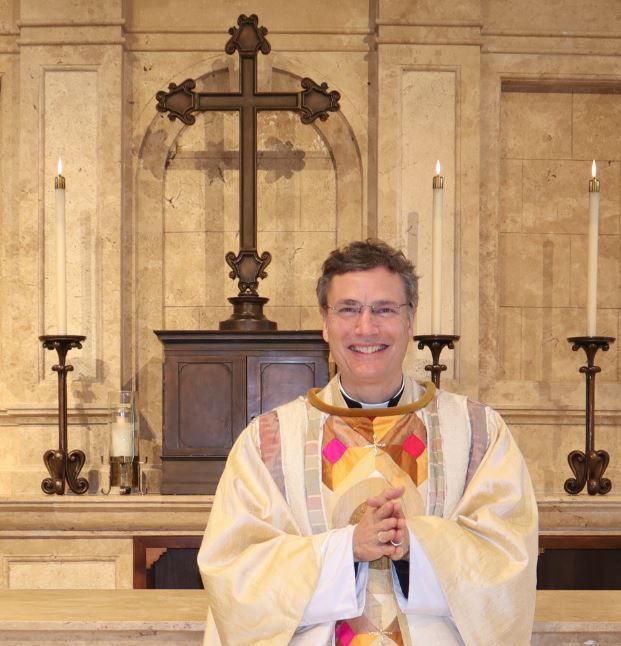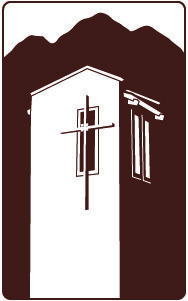Finding God In All Things
This week, a group of us set out on a Lenten study based on James Martin’s book The Jesuit Guide to (Almost) Everything: A Spirituality for Real Life. He begins the book with an overview of the general approach to Ignatian (that is, Jesuit) spirituality, and one of the foundational tenet she reviews is the need that all Christians have to look for God in all things.
This sounds, at least on the surface, like a great motto for a deep life of faith. But when you dig a little deeper, things get complicated. Where do you find God in unexpected news from the doctor? Where do you find Godin the war that is ravaging the people of Ukraine? It doesn’t take long for the idea of finding God in all things to look like bumper sticker Christianity, the kind of message that offers little hope or perspective when life comes at us unexpectedly.
BUT…there is an answer to those hard questions. In our Gospel reading this week, Jesus is warned (by Pharisees nonetheless) that Herod is out to kill him. Jesus’s reply is nonchalant, irreverent even. “Go tell that fox that I’ll be right here for three more days,” Jesus says. “I’m not going to stop helping people and healing them, even if it means putting my own life in danger.” And that’s where Jesus is, living among the sick and suffering, walking with them in their despair.
Think about it: The Messiah could have come at any point in history. Jesus could have been born at the height of the united kingdom of Israel, the literal Son of David. But that is not what happened. Jesus came centuries later at a time when power had shifted westward to Europe. He was born in a remote desert outpost under the long shadow of a ruthless empire. During his life, he wandered from one dusty town to another, helping the forgotten, the abused, the outcast, and the hopeless. Both the Romans and the religious leaders of his day viewed him as a threat, and because of that, they conspired to kill him through one of the most brutal execution practices ever devised. And lest we forget, this was the plan all along—to live among the suffering and to take on suffering as his own.
There’s a lot going on all around us right now and I know that many people are struggling. Many are worried about the state of our world. Other are processing tragedy, grief, and loss. Several are dealing with uncertainty triggered by unexpected financial or medical news. I know how hard it can be to find God in all things at times. But we cannot forget that we are not alone.
Michelle and I were talking one evening after a particularly challenging day last week, and in the space of that conversation, I told her that I believe—with all my heart—in the mercy of a God who willingly chooses to suffer with us during our most difficult times. That faith has sustained me more times than I can count, and from my experience, I know this to be true: Sometimes, the face of Christ that we see during times of deep trial is the face of a loved one who steps in to help us carry our burdens. Friends, in moments of distress, we act as Christ to one another in our love, in our prayers, and in holding each other up and holding each other close. We can all be Christ to one another, and that is where we find God, even in the hardest of times.
The Rev. Dr. Perry M. Pauley
Associate Rector, Christ Church of the Ascension
Paradise Valley, Arizona





